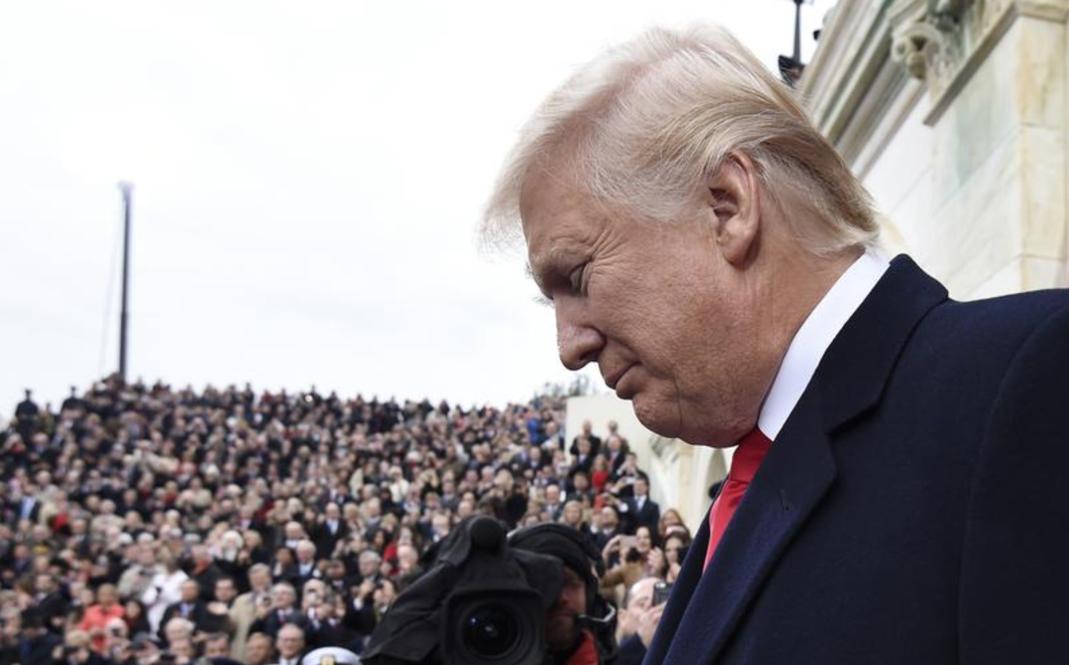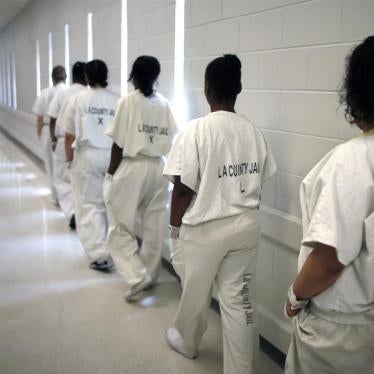President Donald Trump’s latest Twitter rant about the New York Times’ coverage of his presidency saw him muse that it might be time to “change libel laws.” The implicit threat here may well be an empty one. But that doesn’t mean we should ignore it.
The failing @nytimes has disgraced the media world. Gotten me wrong for two solid years. Change libel laws? https://t.co/QIqLgvYLLi
— Donald J. Trump (@realDonaldTrump) March 30, 2017
While US states can pass libel laws, those laws are limited by a unanimous 1964 Supreme Court ruling, New York Times v. Sullivan, which held that for public officials to sue a publication for libel, they had to prove not only that the statement was false, but also that it was made with “actual malice.” In other words, that there was “reckless disregard” for whether the story was true or false. That’s a high bar to meet, and for good reason: Democratic government depends on the public’s ability to hold its leaders to account. If the press is constantly worrying about libel suits stemming from critical coverage of officials, journalists may be afraid to report on important matters.
It’s troubling that Trump does not grasp this basic democratic principle, which past US leaders have long claimed to hold dear.
Many countries have laws that make it easier for public officials to sue for libel or criminalize defamation, and unscrupulous leaders have exploited these laws to harass critics and block public debate over their actions. In Ecuador, for example, President Rafael Correa has used criminal defamation laws to go after journalists who criticized him – ultimately obtaining convictions. In 2012, the US State Department criticized Correa for his regular attacks on the critical press, which he called “his biggest enemy,” and for encouraging Ecuadorean officials to sue the media, which the State Department said “led to increased media self-censorship.”
As the Supreme Court noted in Sullivan, “debate on public issues should be uninhibited, robust, and wide-open, … it may well include vehement, caustic, and sometimes unpleasantly sharp attacks on government and public officials.” But protecting the space for public debate is more important than protecting the egos of officials who don’t like it.









